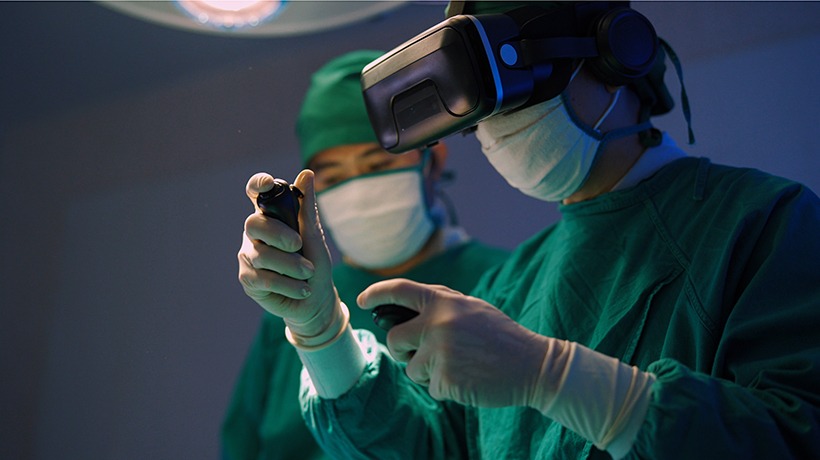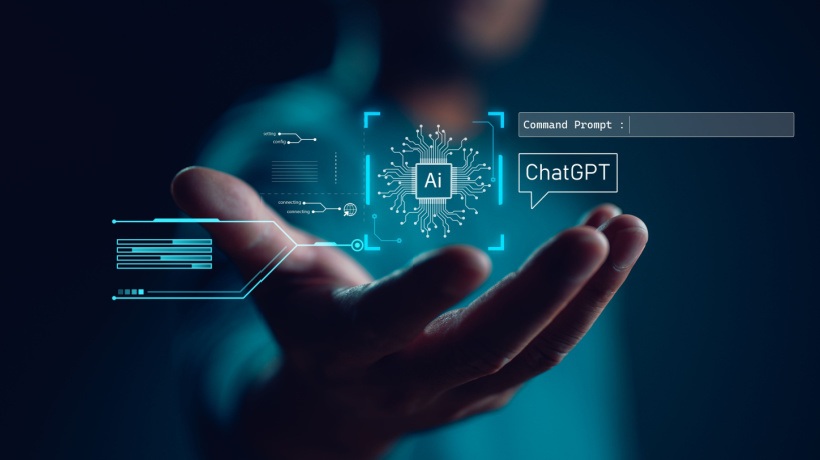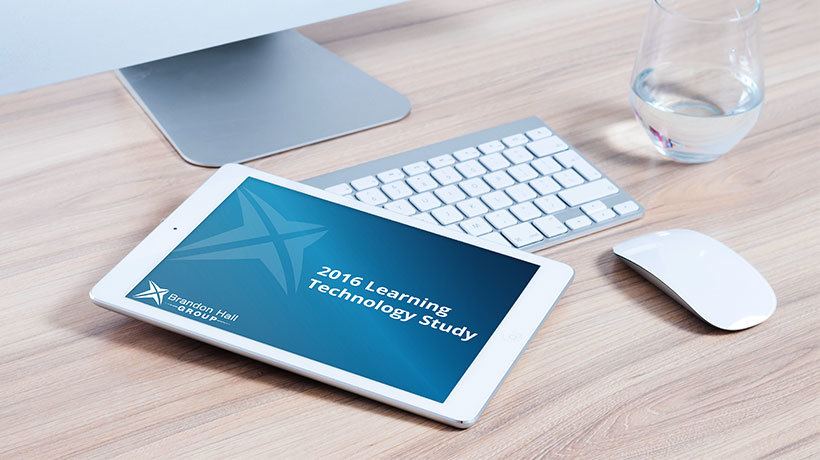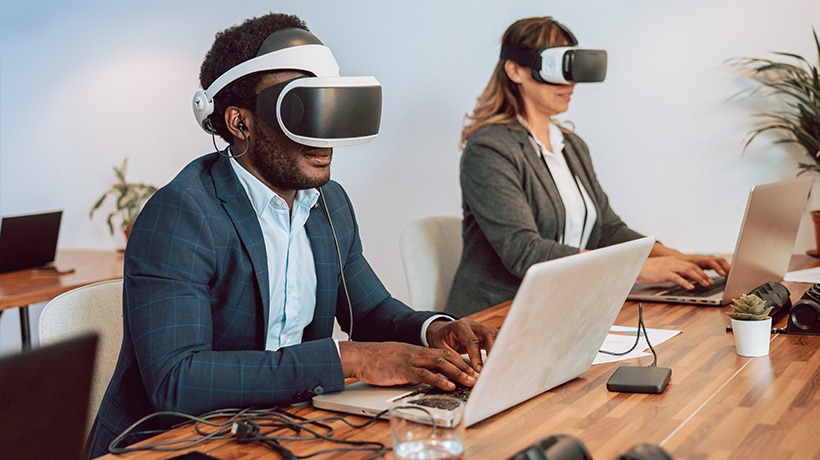Discussing Learning Technology Nowadays
Milli, micro, nano and beyond…sound great in superhero Sci-Fi’s, don't they? What are they, and how do they relate to learning then? Do we know them as emerging trends or coming-of-age strategies? Avant-garde, or personalization in learning? Customized course, or a tailor-made course for every individual? Indeed, learning could have never been so perfect!
My intent isn’t to flood you with questions, but here comes the last one; can you learn a culture, a literature, or a language through its dictionary?
Ideally, we cannot learn a language from a dictionary. Which means that we cannot use instant learning methods like microlearning, customization, individualization in every scenario or situation. Just like we have apparently reached a conclusion that "…for learning, it is never one-size-fits-all…", it holds true for learning techniques, methods, and strategies as well. In a typical professional scenario, if microlearning helps to instantly refer to a knowledge piece individually, instructor-led or blended learning helps to know people, their habits, choices, interests, and their strengths.
In this era of globalization, where everybody is talking about the universe expanding, why do we want to shrink learning into mere micro modules? Why do we want either to customize or individualize courses when we also want to promote social learning at the same place? So there are conflicts, you see.
Learning, which – we to date – defined as a lifelong process, is being instantiated now through a variety of mediums. Why? Because we want to have an accountability of every particle that goes into our schemas. We are trying to digitize our system, just like those robots. But we aren’t robots, are we?
Let’s Take An Example – A Scenario
Betty joins a new company, as a fresher. The company has recently shifted its onboarding/orientation/induction program from a three-day instructor-led method to a completely digitized ‘tailor-made’ approach, specially designed for each individual. In the digitized program, Betty can meet, but not greet the onboarding buddy. She can hear the leaders talk and share their values, vision, mission, and so on, but she cannot exchange ideas. The leaders speak at their length about collaboration and cooperation. However, there isn't the tiniest possibility or scope of a word of interaction between the new joiners. Betty somehow lives through those three days. But what after that? Would she be able to collaborate at all even without connecting? Would she be motivated enough to work in her new office?
For learning to take place, we apparently need two objects—the Learner and the Facilitator. Where, a learner’s objective is to learn, maybe for most of the time, something exclusively related to the job. That’s justified. But then, how is that "hunger" for learning satisfied?
In today's scenario, they get served with the most recent technology-enabled learning in the form of "food", equipped with the finesse and agility of those flashy eye-catching audio-visuals and graphics that might lack the actual subject matter. So the "food" that should satiate the "hunger" actually entertains the "senses", and eventually becomes a "junk"; though that void, that knowledge gap is never cemented. So, are we comfortable enough to assume that we focus our competence on creating a flashy media rather than strategizing on the learning plan? If yes, then perhaps, we need to refocus.
But Then, Where Did Microlearning Go Wrong? How Do We Use It?
Well, this wonderful technique didn’t go wrong anywhere, it’s we who overused it – just for the sake of deploying the "the fanciest technique" into our KPIs (maybe) – thus surpassing its basic utility.
Microlearning is a technique which can be used to impart knowledge in the form of small chunks, or bits so that a learner can quickly refer to it without investing much of their time. And it works quite well in our working scenarios. Especially when we are stuck in a situation that requires quick information. Looking from the other side; does this, however, guarantee that you learned something?
Knowing and learning – there’s a difference. For example, you read a book, stumble upon a word, refer to a dictionary, and find the word meaning. Now, does it guarantee that you will remember the word, or even use the word in the future? Ever? While reading the book, the dictionary enabled you to overcome the knowledge gap, hence you could complete reading. Does the process ensure that you know the other details of the word? No. And that might not be required. The dictionary is not meant for teaching you the depth of a literature or language, yes, but it can surely help you with quick word meanings.
Similarly, microlearning can be really effective in reinforcement, when training has already taken part, mending your skill gaps. And when you need more knowledge fillers, references, chunks to support your learning. You can take this analogy – just like in a mac n' cheese recipe, if the macaroni, white flour, and milk forms the body of the meal, and the cheese produces a burst of flavors in the mouth (lending the recipe a special place in our hearts); in a learning strategy, the main training method forms the bulk of learning, and strategies like microlearning (interactive videos, mailers, teasers) supply the supportive skills, knowledge, and information. Microlearning can be the most beautiful technique to tickle a learner’s inquisitive mind. The learner should be eager to learn more instead of being content at these short sparks of knowledge. Tremendous research is being carried out nowadays on how people learn, how they interpret, and so on. In this bullet-fast-paced world, we seem to lose our patience. Our endurance to learn and seek more knowledge is diminishing. We tend to limit ourselves to "quick" references and guides. We even create memes and jokes about the education system; saying that we never use what we learn in our schools. Have you ever tried to read between the lines? Have you ever reasoned or seek a reason for what and why we were taught something we might never use? My next article on that issue will come soon.
To conclude this section, I would say that depending solely on these instantaneous chunks may further hamper the learning abilities, and thus aid more in the diminishing learning appetite.
What About Customization Then? What's Wrong With It?
There’s a phrase, or maybe a quote or theory, which goes like this – "…unless you come out of your comfort zone, you cannot learn". And, tailor-made or customized learning directly contradicts it. As I said in this article earlier, we are constantly in conflict with the way things are. We aren’t ready to accept the "one-size-fits-all" concept for learning. However, once a new learning trend appears in the market, we never fail to embrace that and overuse it for every possible scenario. Thus, trying to make a "one-size-fits-all" concept work.
Collaborative or social learning can be more effective in terms of both quantity and quality of matter people learn, rather than locking them inside those flashy mobiles or tablets or computers. Why? Because, when you comprehend what you learn, you tend to shift the knowledge from your temporary to permanent memory. Ever heard that if you write after reading a chunk of text, you will remember it for longer? The theory behind this idea is that you are working your brain cells to recollect what you just read, thus mobilizing them. Then you use more of your brain cells to write it down, you are utilizing your hands to do the work – the number of cells you utilize for a task or an event – the longer it stays in memory. Now compare between using a mobile and talking to a friend – where do you think you would mobilize your cells more?
When a course is tailor-made to suit your learning or personality type, it actually dampens the cells even before they begin to mobilize. You are in your comfort zone. Enjoying the course, instead of learning from it. What do you expect?
Could you find the reason why group learning is promoted in schools or universities, and why we don’t have customized courses for every odd subject? Because learning is not focused on how much knowledge you will use, but how much you know. And how much more you will be able to learn. Collaborative learning imparts relatively more knowledge and information, and that happens in a huge group of people too, where every individual is different (which might seem too much for some). Very few know that it actually helps in creating more number of schemas in your brain, it broadens your endurance, and ability to learn so that you don’t have any difficulty to "digest" something new if you encounter any. Just like a variety of food creates a variety of bacteria in your gut and keeps it healthy, a variety of knowledge, experience, and practices help your (brain) schema to stay in a good health.
So, learn more, grow more, and endure for even more!









